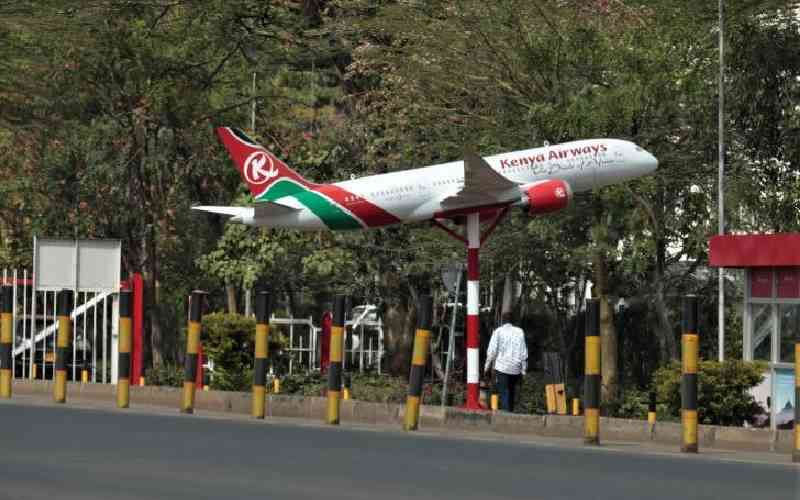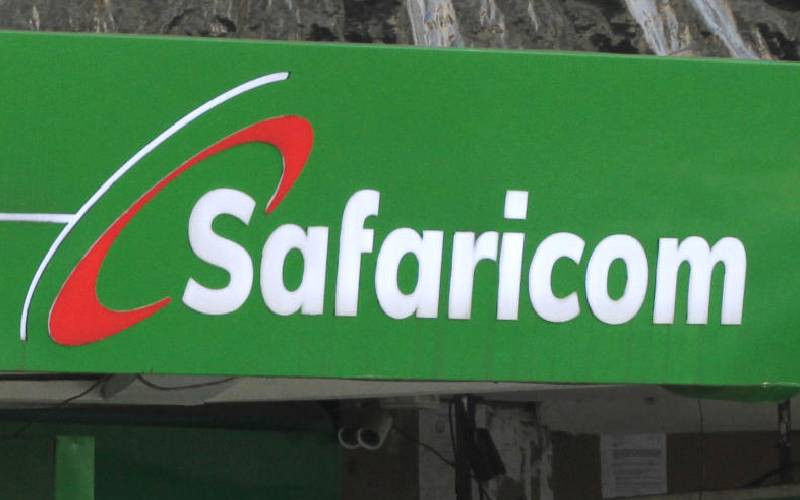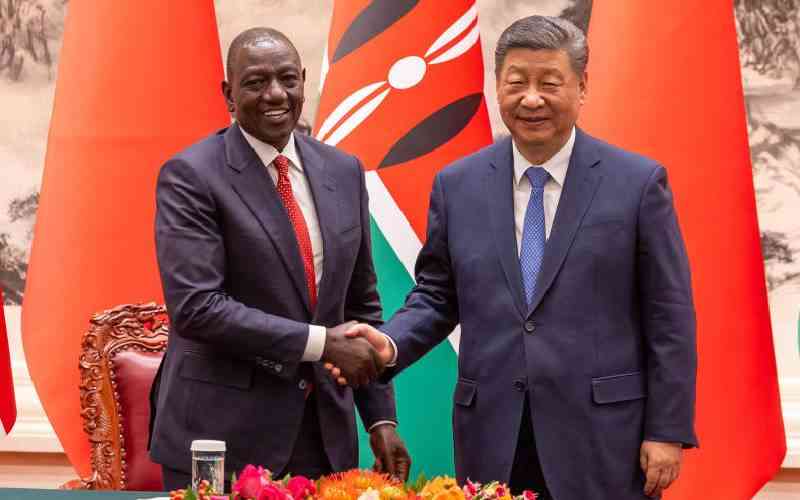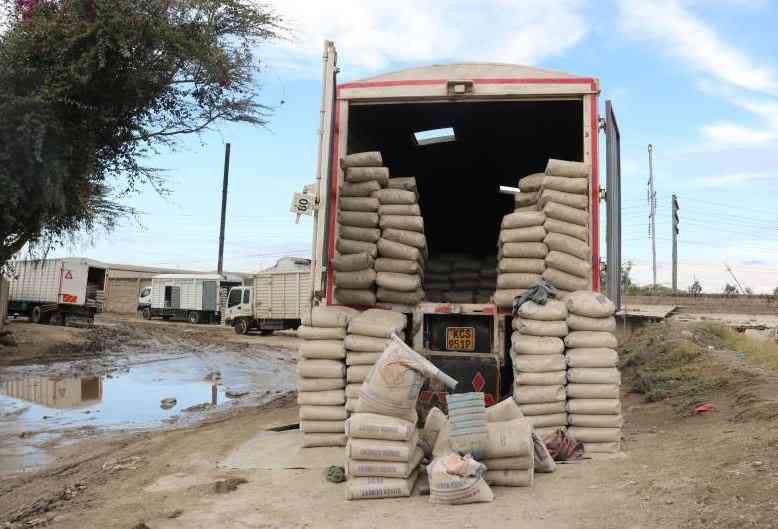
NAIROBI: Co-operative Bank’s transformation agenda has seen the financial institution post improved profitability, despite challenges it faced in the war ravaged South Sudan. Chief Executive Gideon Muriuki attributed this to the optimisation of alternative banking channels, performance based on reward culture and robust customer relationship management.
Others are sales force effectiveness, digitisation and automation. Muriuki said the strategy dubbed ‘Soaring Eagle’ focusing on lean functional structure, a competitive cost to income operating model and innovative customer delivery platforms has seen the bank reap the benefits early.







